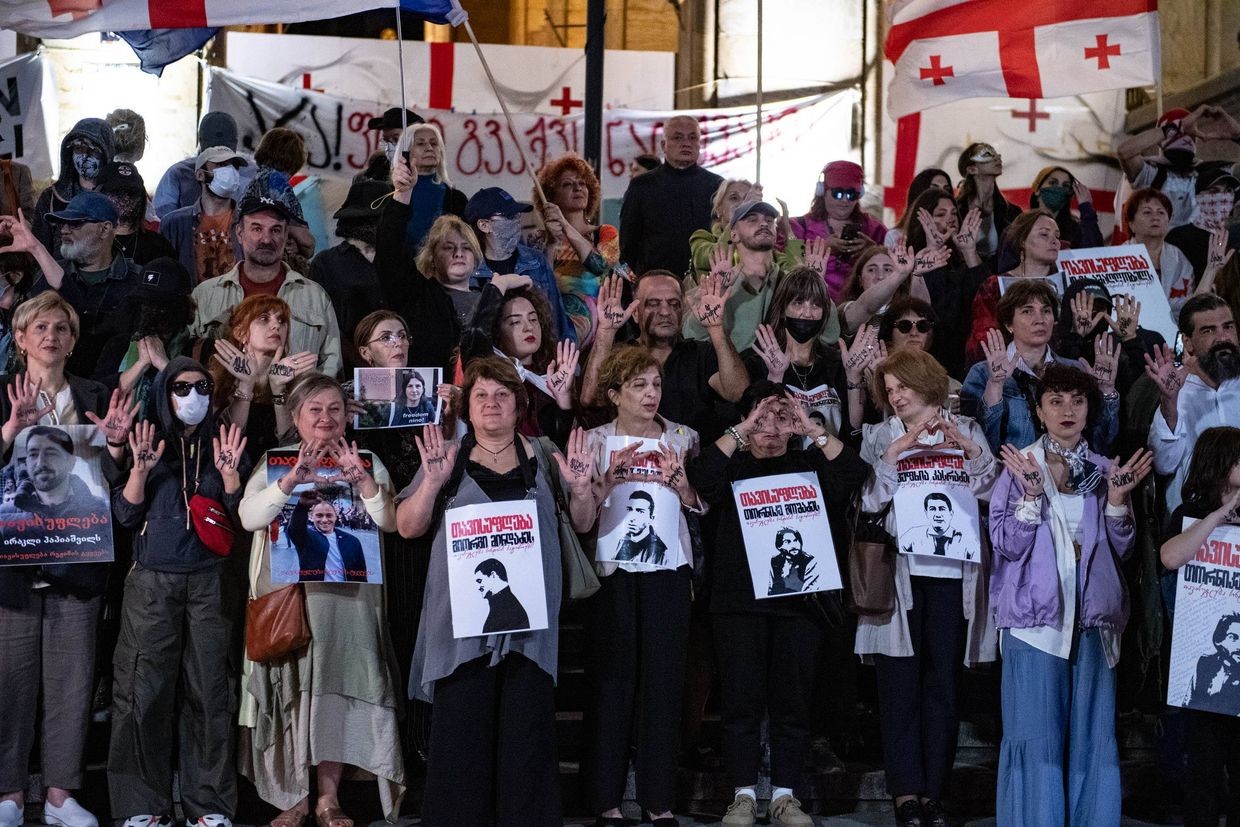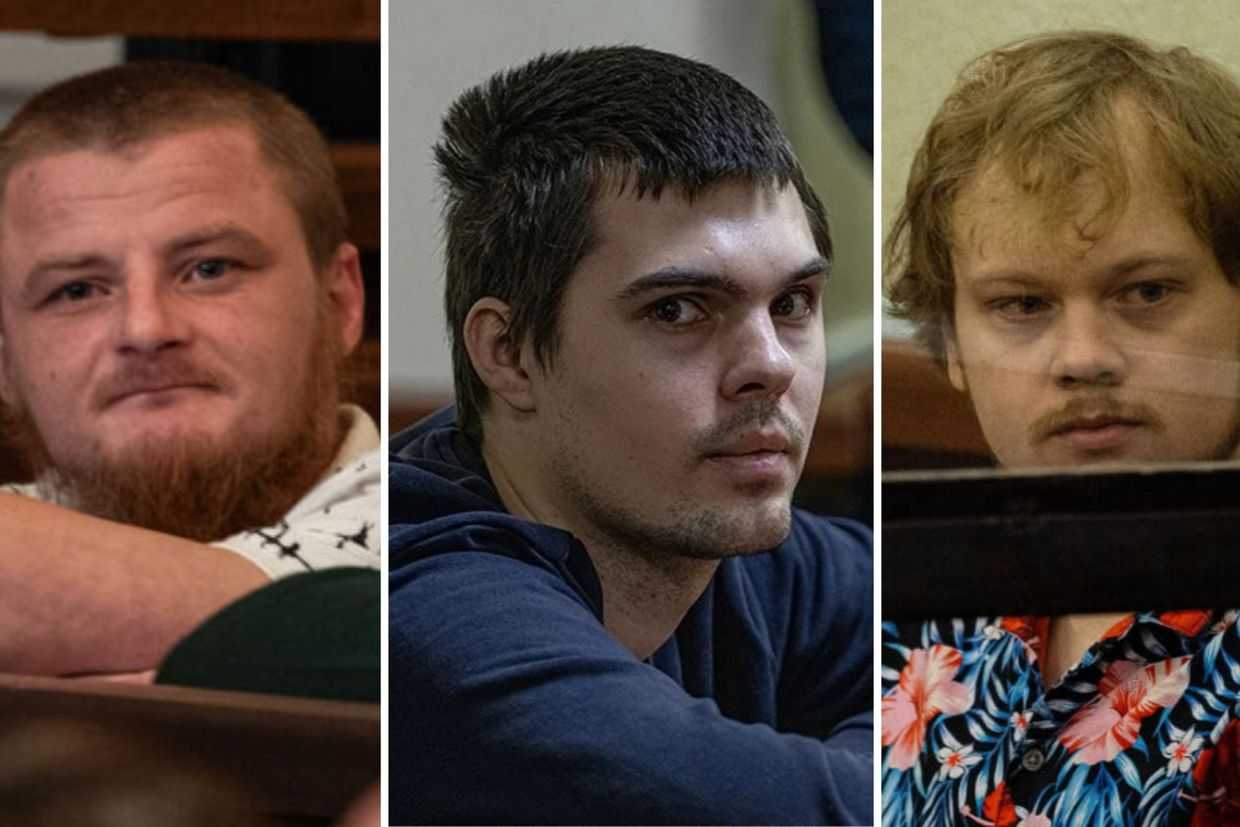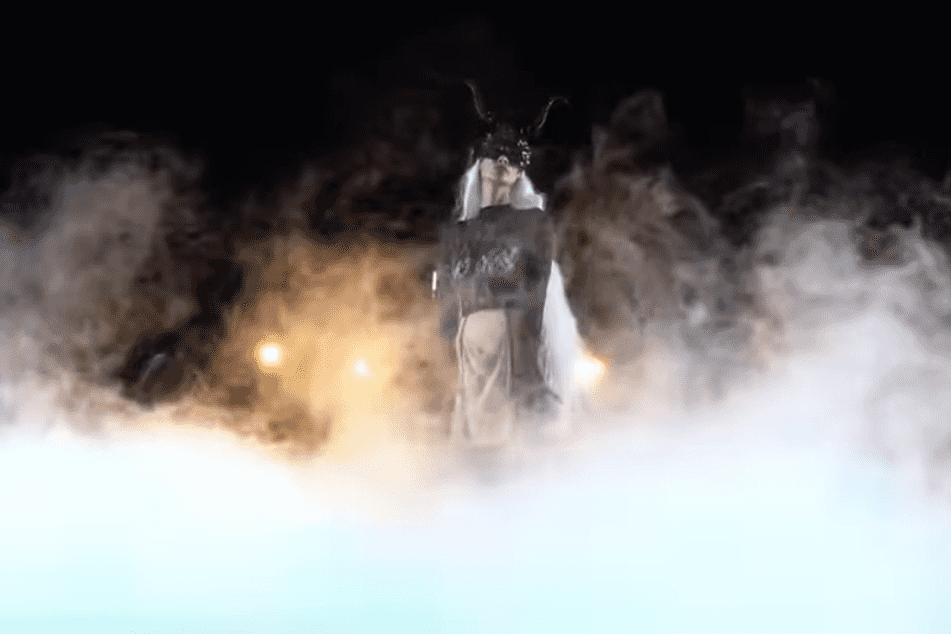
Tbilisi Mayor Kakha Kaladze has announced intentions to rehabilitate the central Rustaveli Avenue after the upcoming New Year’s celebrations. The avenue has been the centre of daily anti-government protests, which have continued for over 300 days.
On Thursday, Kaladze told the Georgian Public Broadcaster (GPB) that Rustaveli Avenue is ‘in very poor condition’, citing serious issues with underground utilities that ‘will take some time to fix’.
‘However, we will do everything to complete it as quickly as possible’, he emphasised.
‘The city’s central avenue shouldn’t look like this, especially in a city like Tbilisi. I promise Tbilisi residents that it will become one of the city’s best avenues with a new design, innovations, and fully renovated’, Kaladze said.
Kaladze first announced plans to rehabilitate Rustaveli Avenue at the end of 2023, claiming construction would begin the following year and last over two years total. No work ever began, however.
In February 2025, Kaladze again brought up the issue, stating that work would start in May with the aim to complete the project by the end of summer. By March, however, he noted that the process had been postponed to 2026, citing the need for more time to organise utilities and carry out large-scale works, including a damaged underground water collector.
Rustaveli Avenue — specifically the area in front of parliament — has become one of the main locations for citizens protesting government decisions.
It is here that daily anti-government protests have been taking place since 28 November, the day the ruling Georgian Dream party announced the suspension of the country’s EU membership bid.

This article was translated into Russian and republished by our partner SOVA.










